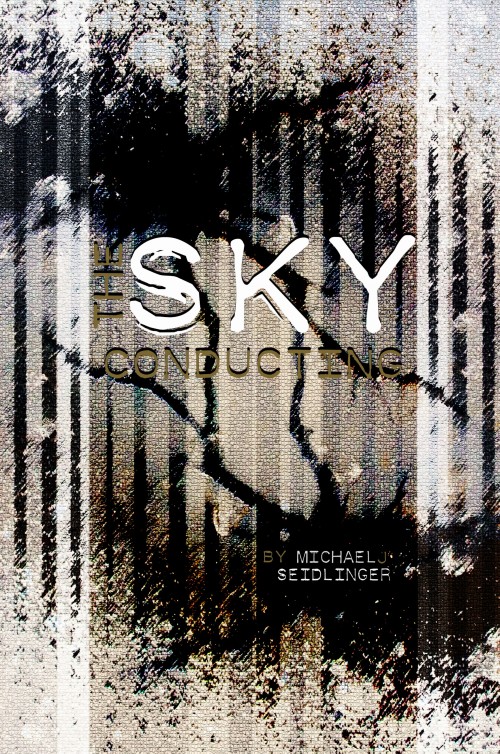
CH: Now then, while your definition (in Part 1) is certainly more elegant than mine in its brevity, it seems problematic to me in terms of its three main assumptions: unfamiliarity, the dominant, and schism.
Jakobson’s idea of the dominant, for example, seems patently antithetical to experimental literature because it supposes an integrity of structure that I’d classify as akin more to orthodoxy than heterodoxy. In other words, “a focusing component” tends not to be an attribute of experimental literature; in fact, it seems to me that the comportment of experimental literature stems from a distaste or distrust or disinclination toward such a notion.
ADJ: That’s a fair point, although I think even experimental fiction has its organizing principles. There are always some things the artist wants to do, and other things he or she doesn’t want to do—even if that changes from section to section, or moment to moment. The dominant is simply a record of those desires—and note that my definition does not require them to be conventional.
Would you say, then, that experimental fiction lacks any and all convention? Any and all integrity in its structure? And, if so, can you give examples of such texts (fiction that lacks any and all convention, any and all structural integrity)?
READ MORE >

 An amazing resource is now available via the Burroughs Archive: complete scans of
An amazing resource is now available via the Burroughs Archive: complete scans of 





